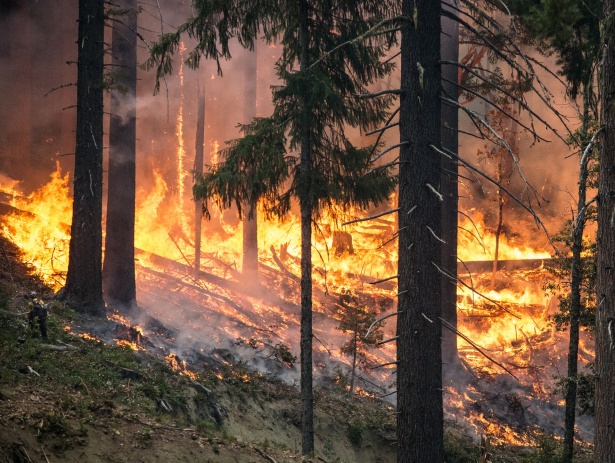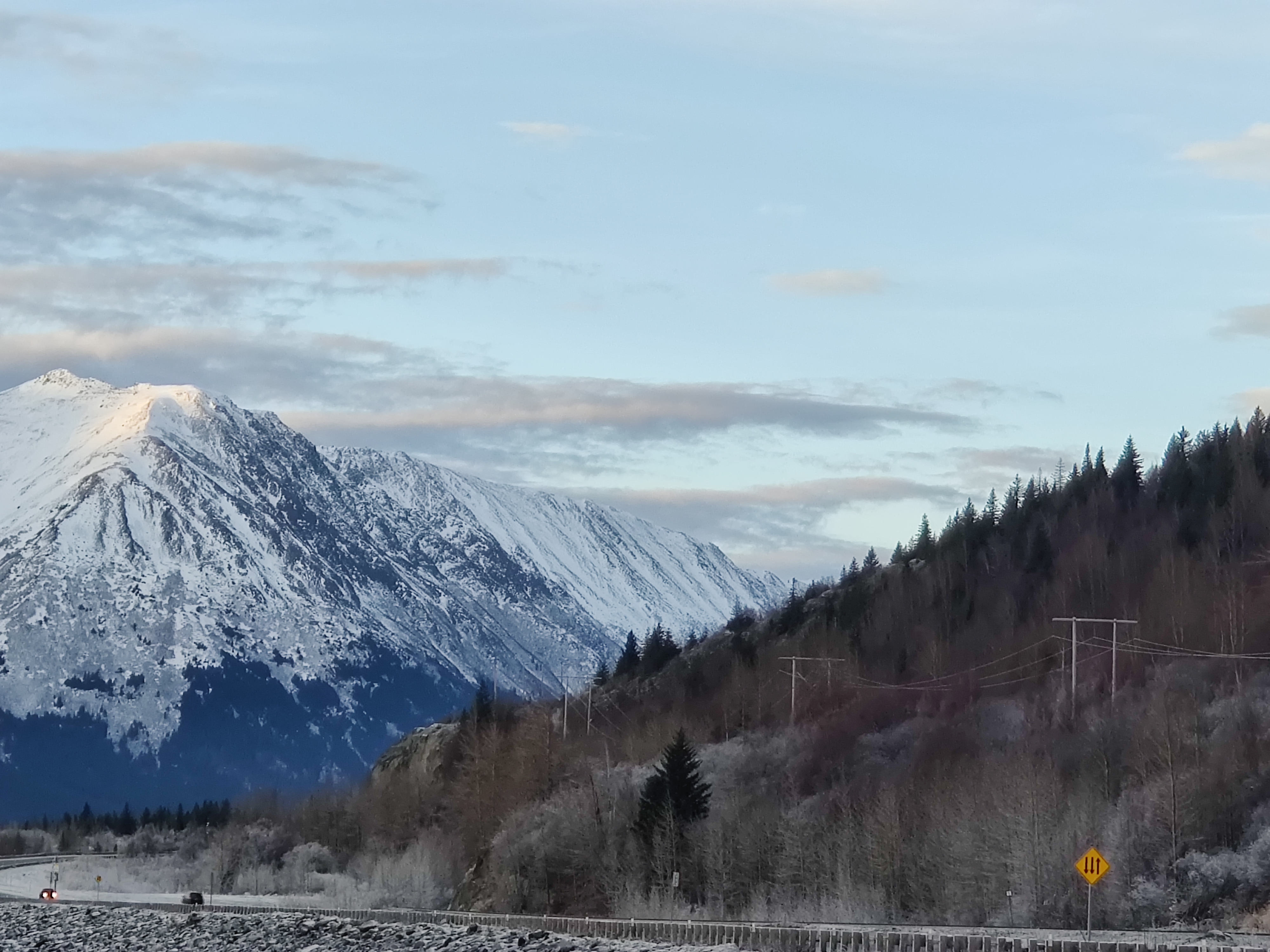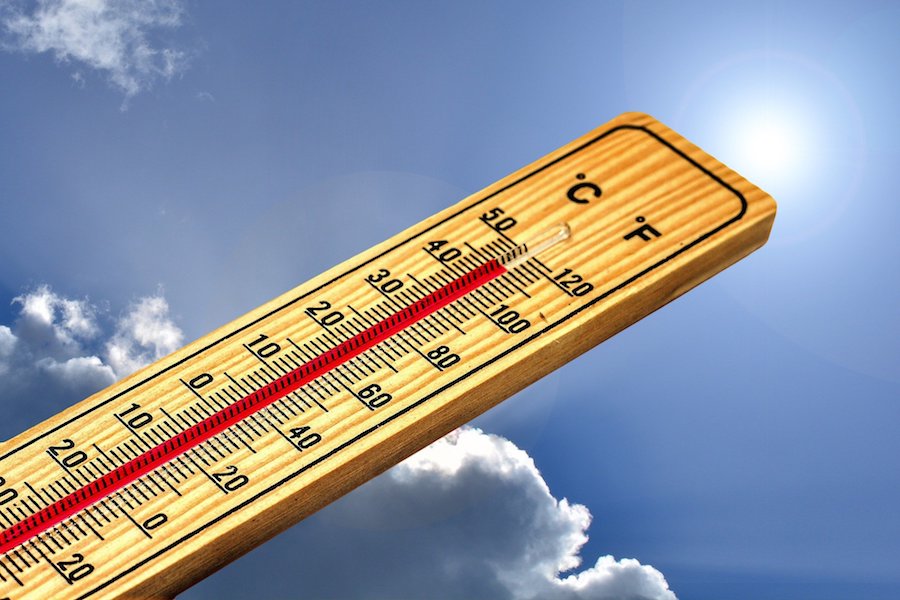WASHINGTON (June 8, 2023)--The U.S. east coast continues to face hazardous and unhealthy air quality levels from Canada’s wildfires with many cities including New York, Philadelphia and Washington, D.C. experiencing the worst air quality in years. The National Oceanic and Atmospheric Administration is predicting the smoke is likely to move onward into northwest Pennsylvania and northern Ohio by the end of Thursday. Meanwhile NASA has warned that smoke from Canada is spreading as far south as Alabama.
Experts at the George Washington University are available to offer insight, analysis and commentary related to the wildfires in Canada, including the public health impact of wildfire smoke as well as the impact of climate change and policy actions to address the crisis. To schedule an interview with an expert, please contact the GW Media Relations Team at gwmedia gwu [dot] edu (gwmedia[at]gwu[dot]edu).
gwu [dot] edu (gwmedia[at]gwu[dot]edu).
Lynn R. Goldman, the Dean of the GW Milken Institute School of Public Health, is an expert on public health preparedness and has deep knowledge of the intersection of policy and public health. She can talk about policy solutions to polluted air and is also a pediatrician and can talk about the impact of air quality on children.
Susan Anenberg, is Director of the GW Climate & Health Institute, and professor of environmental and occupational health. Anenberg’s research focuses on the health implications of air pollution, including smoke from wildfires and climate change. Anenberg can discuss the benefits of staying indoors when air quality is poor and the risk of inhaling pollutants from smoke. In this video she discusses the public health impacts of the wildfires and how long the smoke is likely to linger.
Katelyn O'Dell is an atmospheric scientist and a postdoctoral research scientist at GW who studies air pollution exposure and its health impacts. She can discuss the public health concerns of wildfire smoke exposure. O’Dell’s graduate work has focused on quantifying exposure to wildfire smoke and identifying health-relevant components in smoke. She can discuss the health issues raised by inhaling smoke-filled air, including asthma and respiratory problems.
Neelu Tummala is a clinical assistant professor of surgery and is Co-Director of the Climate Health Institute with a special interest in the effects of climate change on population health. She recently wrote that climate change is a medical problem as well as an environmental issue. She is available to discuss climate change’s connection to wildfires and air pollution.
Jonathan Deason is the Director of GW’s Environmental and Energy Management Institute and a professor in the GW School of Engineering and Applied Science. His expertise includes all aspects of air quality management, including greenhouse gas management and implications for global climate change mitigation and adaptation.
Lisa Benton-Short is a professor of geography at GW and an expert on urban sustainability and environmental issues in cities. Her research focuses on the dynamics of the urban environment from many angles, including planning and public space, urban sustainability, globalization, and immigration. Benton-Short can speak to the wildfires in Canada from a climate change perspective as well as the role of uncontrolled suburban development. She can also discuss how climate change and its effects on natural disasters like wildfires impact cities as well as what cities are doing to adapt to and mitigate climate change.





